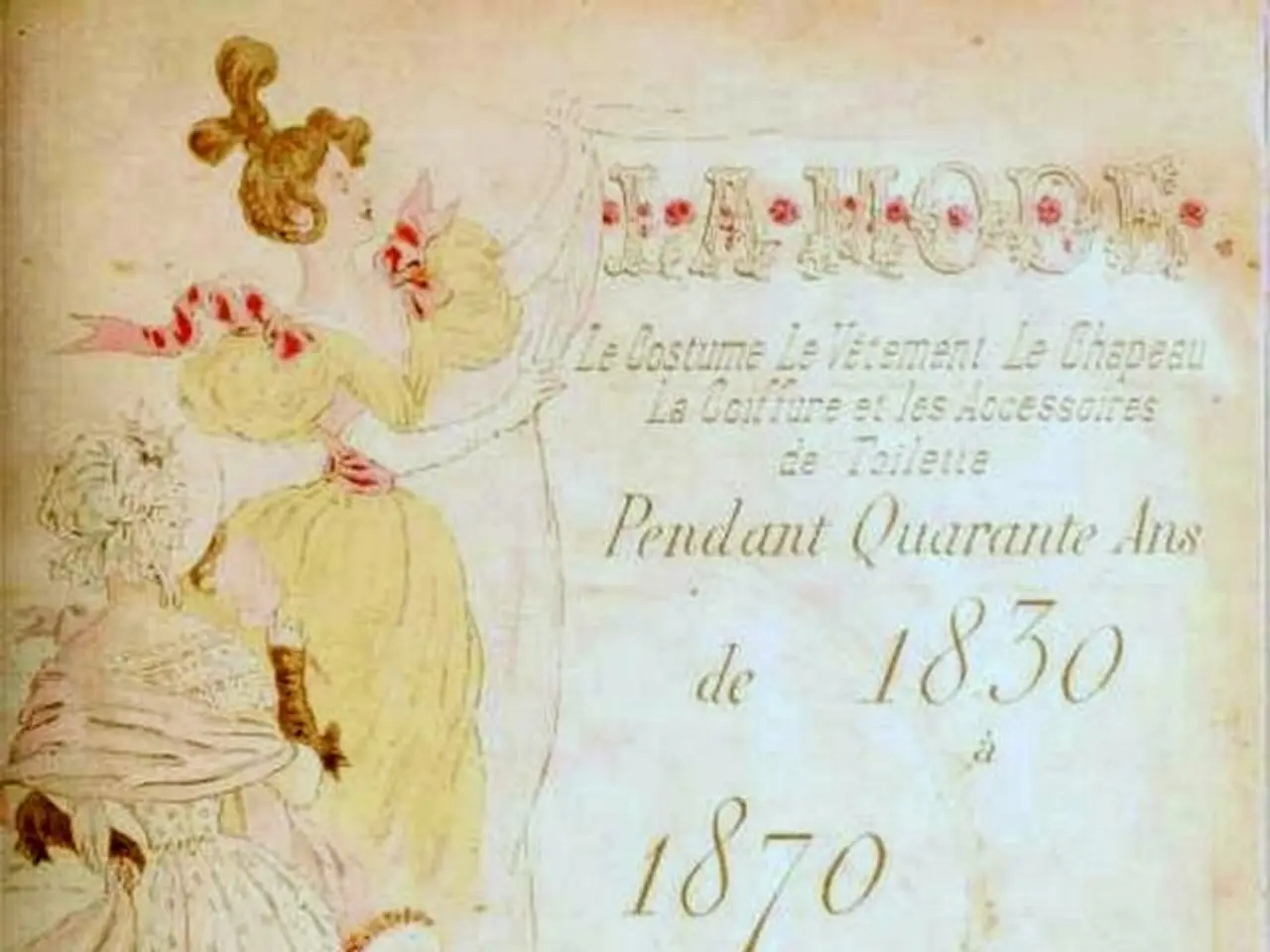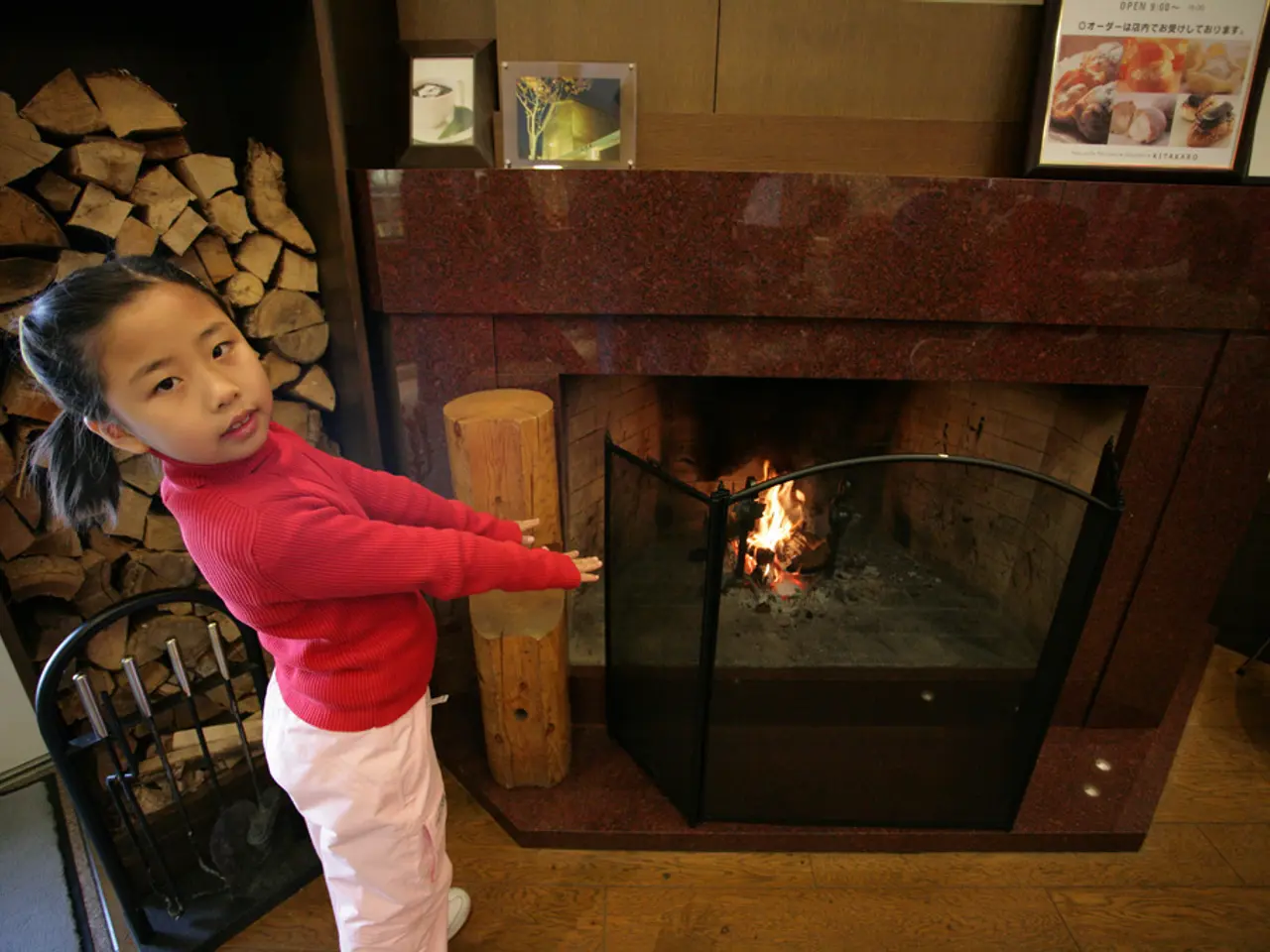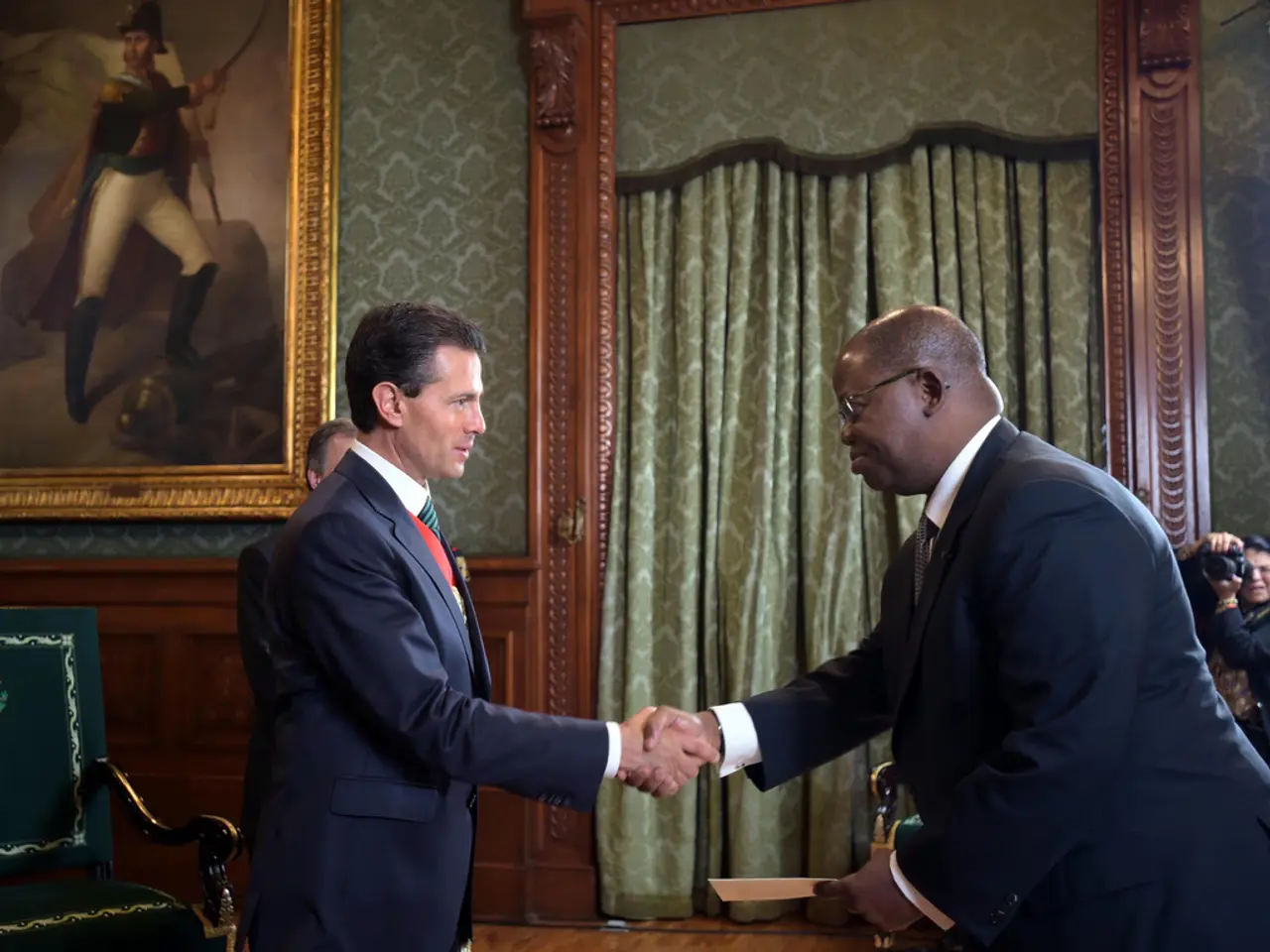Tale of the Female Soldier Masquerading as Male, Battling in the Civil War
In the tumultuous period of the American Civil War, several women defied societal norms by disguising themselves as men and joining the military ranks. These brave individuals, driven by patriotism, abolitionism, and a thirst for adventure, were often overlooked in history, but their stories have since been brought to light.
One such woman was Sarah Emma Edmonds, a Canadian-born individual who fought in over a dozen Civil War battles under the alias Franklin Thompson. Edmonds, born in New Brunswick in 1841, grew up in a strict household and learned the value of disguise and reinvention early on. She successfully kept her identity secret throughout the war, working her way into dispatch duty and even claiming to have performed spy missions behind enemy lines.
Another notable figure is Mary Edwards Walker, although she did not disguise herself as a man to fight, she was a remarkable female surgeon in the Union Army and an abolitionist. Walker was the only woman ever to receive the Medal of Honor for her medical service and bravery during the war.
The unidentified New Brunswick woman known as “Frank Thompson” fought as a soldier, nurse, and spy during the war while disguised as a man, receiving full military honors after her death. Cathay Williams, in 1866, shortly after the war, disguised herself as a man named William Cathey and enlisted in the 38th Infantry, becoming the first African American woman to enlist in the United States Army and serve as a "Buffalo Soldier."
Women took on male identities for various reasons: to actively participate in combat when women were barred from official military service, to escape traditional gender roles, to contribute to abolitionist or Union causes, or for personal survival and economic necessity. Their motivations often stemmed from a complex mix of patriotism, desire for equality, and individual courage in a time when societal norms restricted women's roles.
Many of these cross-dressing soldiers were discovered only by accident, through injury, illness, or death. Despite this, their stories were largely hidden at the time but have been uncovered through historical research and commemoration in recent years. They represent an important and often overlooked aspect of Civil War history.
After the war, Sarah Emma Edmonds, no longer disguised as Franklin Thompson, volunteered again as a female nurse working in a Washington D.C. hospital. She was one of the only women ever admitted into the Grand Army of the Republic, the Union Army's all-male veterans' organization. In 1884, she was granted an honorable discharge and a veteran's pension of $12 a month. Sarah Emma Edmonds died in 1898 in La Porte, Texas and was buried with full military honors in a veterans' cemetery.
Historians estimate that at least 400 women served in the Civil War disguised as men. These stories, once ignored, downplayed, or actively erased after the war due to Victorian ideals of womanhood, are now being acknowledged and celebrated for their bravery and contributions. These hidden heroes of the American Civil War continue to inspire us with their courage and determination.
Women, driven by patriotism, desire for equality, and personal circumstances, disguised themselves as men during the American Civil War, actively participating in war, espionage, and even medical service. Sarah Emma Edmonds, Mary Edwards Walker, the unidentified New Brunswick soldier, Cathay Williams, and hundreds more contributed significantly to the war's history, yet their stories were often overlooked due to societal norms and Victorian ideals of womanhood. Now, these hidden heroes of the Civil War are being acknowledged and celebrated for their bravery and invaluable contributions to war, history, and women's rights.








